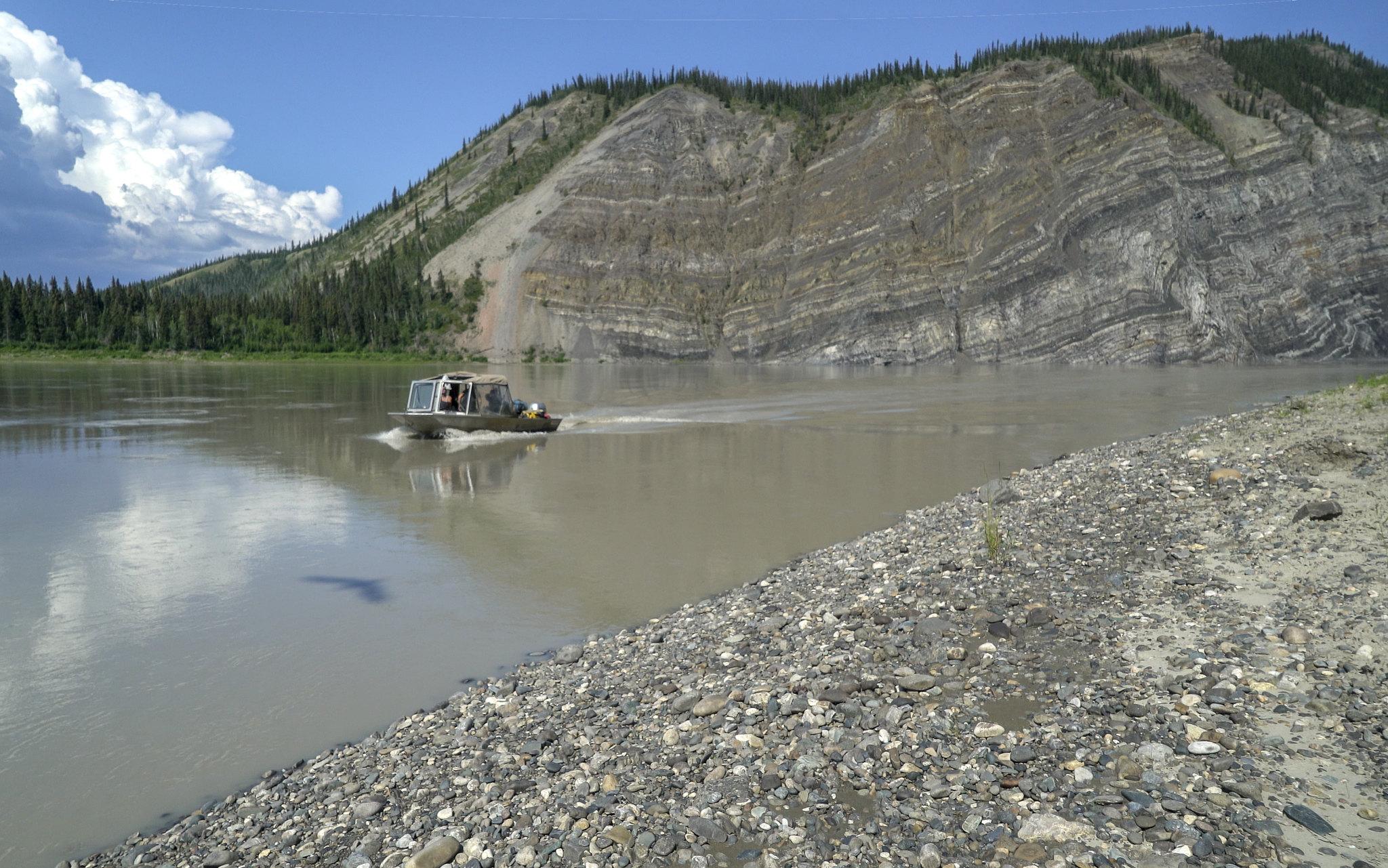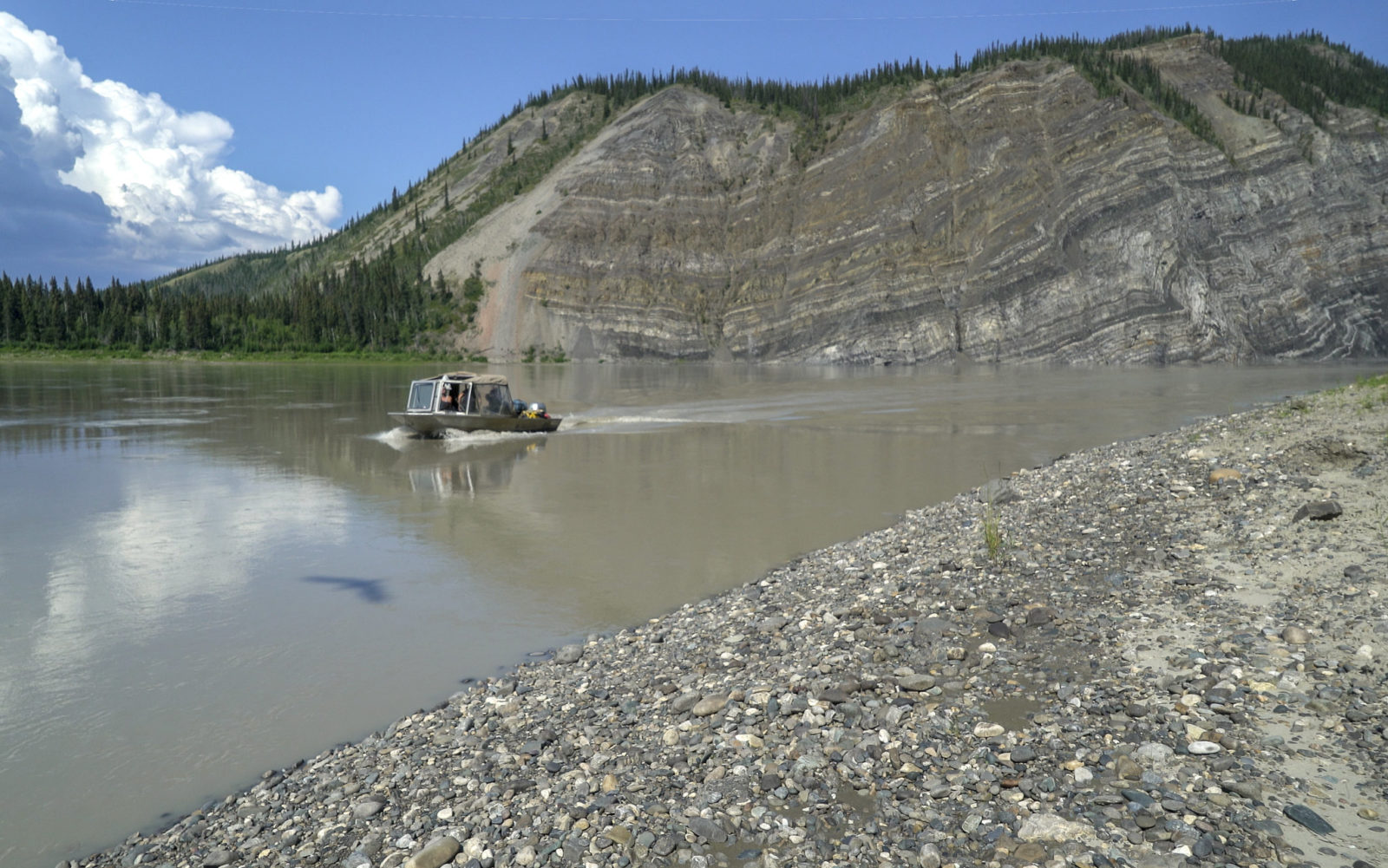
Dunleavy’s bogus “Unlock Alaska” initiative
This is the second in a series of articles about a Supreme Court decision that muddies the waters for agencies managing the use of navigable rivers and streams on federal lands like national parks in Alaska, and specifically how it relates to Governor Dunleavy’s bogus “Unlock Alaska” initiative. You can find part 1 of the series here: A look back at “that hovercraft case.”
By Lauren Sherman, legal fellow; and Katie Strong, senior staff attorney
Alaska Governor Dunleavy announced the “Unlock Alaska” initiative in late March with a vague and incredibly broad assertion of state sovereignty over navigable waters throughout Alaska. The initiative is as perplexing as it is misguided.

First, the perplexing part: Dunleavy’s opinion piece printed by the Anchorage Daily News would lead you to believe that federal agencies managing our national parks, national wildlife refuges, and other federal lands throughout Alaska have prevented public access and use of waterways flowing within and through these federal lands. Not true.
Federal agencies allow vehicles like motorboats on river, and snow machines on frozen rivers, as required by federal law. Federal agencies regulate these uses to reduce impacts and ease potential user conflicts, and for the most part, that has meant enforcement of state boating regulations.
The state clearly does not have room in its budget for enforcing its regulations. If federal agencies don’t do it, no one will, and waterways on public lands could look more like the Wild West.
State overreach
Second, the misguided part: the state’s rhetoric around the initiative suggests that state ownership of submerged lands gives the state exclusive control over the water flowing over them. This is wrong and contradicted by centuries of law: even where the state owns the submerged land, the federal government has concurrent jurisdiction over the navigable waters.
Unfortunately, as we discussed last month, the U.S. Supreme Court threw a wrench in that well-established and workable approach, causing confusion and sowing the seeds of conflict between federal and state agencies. While the Supreme Court’s opinion was sweeping and poorly reasoned, Dunleavy’s initiative ignores the few sideboards that the Court did include.
The Court never said the Park Service had no authority, nor did it say that the state has exclusive authority. The Court’s opinion also only applied to a specific subset of federal lands, a distinction the Governor completely ignores.

The initiative also reflects the state’s disdain for the orderly, scientific process of studying rivers to determine their navigability, which determines ownership of the submerged land. Instead, Dunleavy would prefer short-circuiting the process by telling Alaskans to go out and flout federal regulations, resist any guidance from federal enforcement officers, and then report it all back to him.
What’s the real agenda?
What’s going on here? One aspect may be tied to the Governor’s re-election campaign. Cries of federal overreach and standing up to the “jack-booted government thugs” plays well in Alaska politics. Another way to look at it is as part of a long-standing effort by the state to expand its authority by bringing lawsuits aimed at broadening the definition of navigability–in this case, by asking its citizens to violate federal law so they end up in court to promote a political agenda. Ostensibly, the state will aid in their defense, but how this would actually play out is far from clear.
What is clear is that the Governor is gearing up for litigation aimed at reducing protections for some of our nation’s most spectacular places. And we will be there to stop him.


